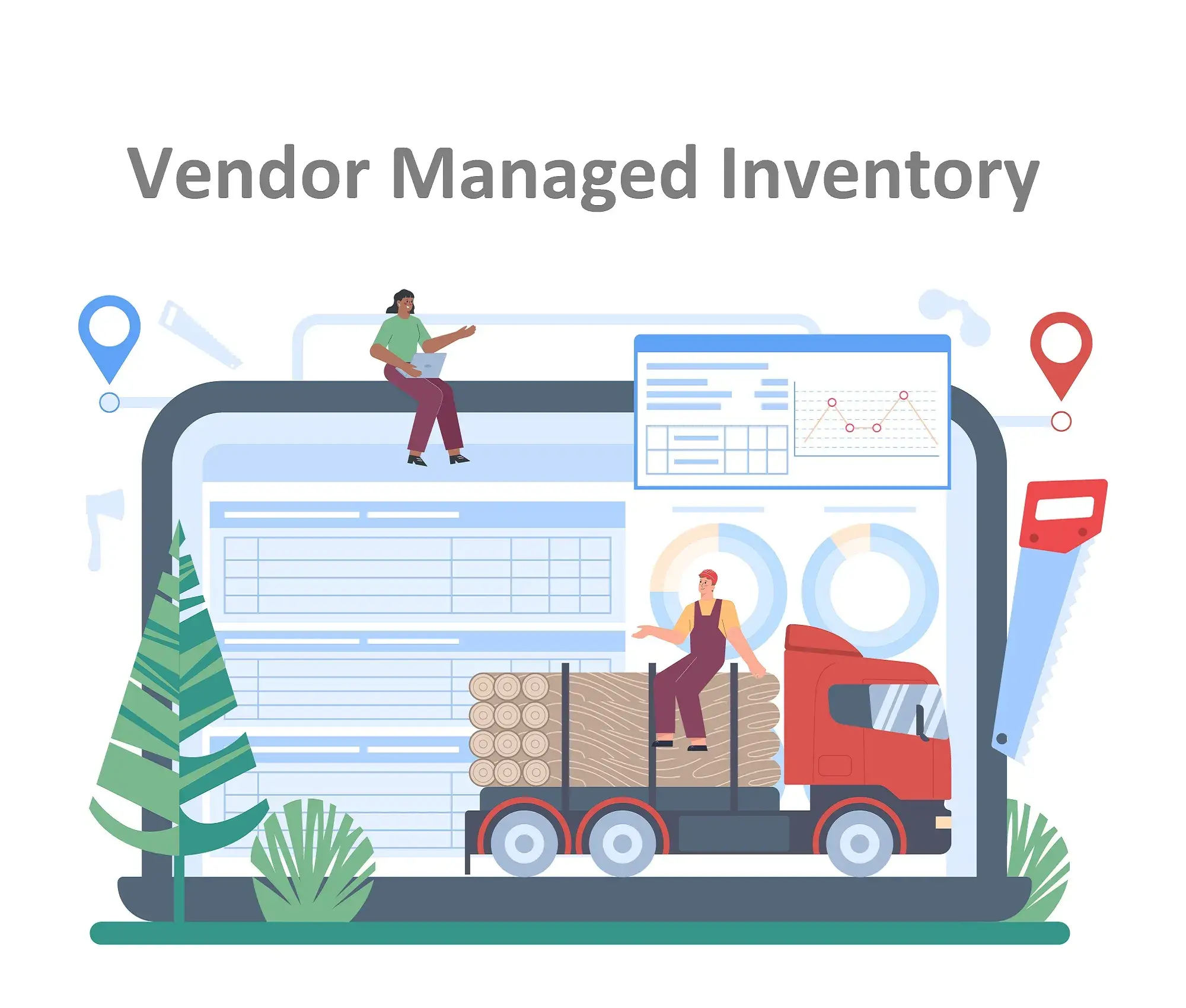
Master Your Business with Effective Inventory Reporting
Welcome to my expert guide on mastering your business with effective inventory reporting! As an expert in the inventory management industry, I have seen firsthand the impact that optimized reporting can have on a company’s bottom line. By effectively managing your inventory reporting, you can streamline your operations, save time, and increase profits. In this article, I […]
Read More
Inventory Accuracy 101: Essential Tips for Small Businesses
Inventory accuracy refers to the alignment between a company’s physical stock levels and its recorded inventory data. Put simply, it’s about ensuring that the actual number of items you have in your warehouse or store matches the number listed in your inventory management system. It is a measure of how well a business is able […]
Read More
Just-in-Time Inventory Management: A Comprehensive Guide
Just-in-Time (JIT) inventory management is a lean manufacturing or production strategy that focuses on producing or procuring goods only when they are needed, rather than producing or procuring them in large quantities in advance of demand. The goal of JIT is to minimize inventory levels and associated carrying costs, while ensuring that materials and components […]
Read More
Consignment Inventory Management: A Simple Way to Be Successful
Consignment inventory management is a business model where a company agrees to stock and sell goods belonging to a supplier or vendor. In this model, the supplier retains ownership of the inventory until it is sold to the end customer. The retailer or consignee, in turn, earns a commission on the sales made. The consignment […]
Read More
Vendor Managed Inventory: Best Strategies & Practices
Vendor Managed Inventory (VMI) is a business strategy where a supplier of goods or services takes on the responsibility of managing the inventory levels of their customer. Instead of the customer managing their own inventory, the supplier monitors inventory levels in real-time and makes replenishment decisions based on the pre-determined inventory levels agreed upon between […]
Read More
Inventory Analysis: Understanding Your Inventory Management Practices
Inventory analysis is the process of examining and evaluating a company’s inventory management practices to determine its efficiency, profitability, and overall impact on the company’s operations. Inventory analysis involves tracking and monitoring inventory levels, turnover rates, lead times, and other key performance indicators (KPIs) to identify areas for improvement. The main goal of inventory analysis […]
Read More
Landed Cost: The Hidden Gem for Business Success
Landed cost refers to the total cost of bringing a product to its final destination, encompassing all expenses incurred from the point of origin to the point of sale. It goes beyond the simple purchase price and considers various additional costs associated with importing or exporting goods. Landed Costs: A Breakdown of Specific Examples The […]
Read More
The Impact of Marketing Strategy on Inventory Management
Marketing strategy and inventory management are closely linked as the success of a marketing strategy can directly affect the demand for a product or service, which in turn can impact inventory levels. Explanation of Marketing Strategy: Marketing strategy refers to a comprehensive plan that outlines the specific actions a business or organization will take to […]
Read MoreInventory Tracking & Monitoring Best Practices
Inventory tracking and monitoring refers to the process of keeping track of inventory levels, movements, and changes within a business. It involves monitoring the availability of stock, analyzing usage patterns, and ensuring that sufficient inventory is available to meet customer demand. Effective inventory tracking and monitoring can help businesses avoid stockouts and overstocking, reduce waste […]
Read More
How Inventory Management Impacts Your Company’s Financial Performance
Inventory management refers to the process of overseeing, organizing, and controlling a company’s inventory levels to ensure that the right products are available in the right quantity at the right time. It involves managing the flow of goods from the manufacturer or supplier to the warehouse or storage facility, and then to the point of […]
Read More